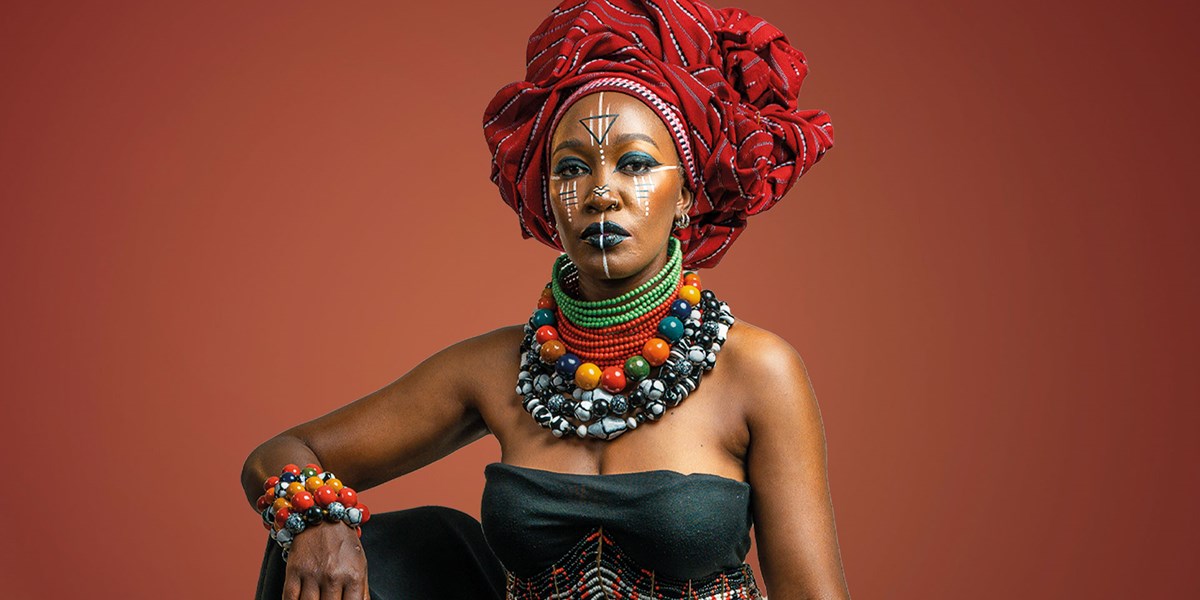Thursday, June 12, 2025
Introducing... Kasiva Mutua
By Jo Frost
It took time for the Kenyan musician to earn respect as a female percussionist, but now she’s ready to kickstart her solo career

Kasiva Mutua (photo: Ellie Obati)

Register now to continue reading

Thanks for visiting the Songlines website, your guide to an extraordinary world of music and culture. Sign up for a free account now to enjoy:
- Free access to 2 subscriber-only articles and album reviews every month
- Unlimited access to our news and awards pages
- Our regular email newsletters

